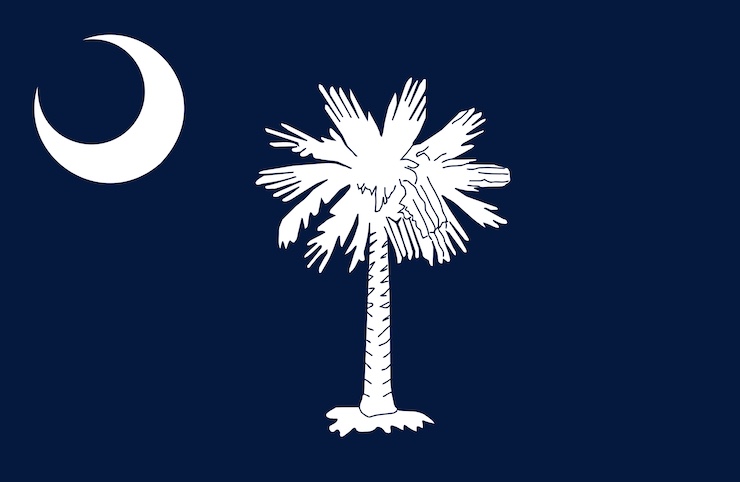Drones in South Carolina: Frustrated Businesses and Law Enforcement Agencies Want More State Support

South Carolina is one of a handful of US states, mostly located in the South, that has yet to experience a major drone industry “take off.” The Virginia-based Mercatus Center, which ranks all 50 states in terms of their degree of “drone-friendliness,” places the Palmetto State at #43. Even reliably conservative legislators have sought to pass legislation to limit drone use by the state’s law enforcement agencies, citing possible threats to citizen privacy and civil liberties. Other issues of concern include alleged threats poised by drones to landowner property rights. Laws to prohibit virtually all drone flyovers have found favor in South Carolina even as other states have found compromises to ensure that all stakeholder concerns in these same areas are addressed.
Still, some promising signs of change have emerged this year. Despite official resistance, and a lack of state funding, some business and law enforcement agencies are pressing ahead with programs of their own. In late March, AINautics, a Columbia, SC-based service and training company, launched the “South Carolina Drone Initiative, the first statewide training program for drone pilots and other UAV professionals. The initiative offers scholarships to some 100 applicants who can become prepared to pass the Federal Aviation Administration’s official pilot certification program.
“The drone industry [in South Carolina] is currently untapped [but it’s] continuing to evolve every day. People taking the opportunity to gain experience and exposure now will have the opportunity to pioneer the industry,” says AINautics Co-Founder, Christopher Williams.
Some local police departments have also grown restive. In late March, a frustrated Chester County Sheriff’s Department raised enough money from local foundations to purchase a $50,000 drone to help track criminal suspects and to conduct search-and-rescue operations. Sheriff Tim Dorsey said he decided to seek funding for a drone in the wake of an incident last year in which it took his officers more than a week to find and capture a dangerous fugitive accused of murder.
“That manhunt just took too long, and so we felt like after we reviewed that incident, if we had a drone that we could immediately deploy, we would have been in a better position to capture that individual,” Dorsey said in an interview. And the purchase has already paid off. In its first three weeks of use, the new drone has helped Dorsey’s officers catch two criminal suspects.
In February, a new drone training program with the local police department in Wellford, SC, a small town in the northern part of the state, also got underway. The department is hoping to use its new training to track fleeing criminal suspects but also to conduct search-and-rescue operations. The two-year old South Carolina Public Safety Drone Pilot Association (SCPSDPA) is assisting the Wellford police agency as well as the local fire department in Dillon, SC to catch up with the many public safety departments nationwide that are deploying drones effectively, increasing their efficiency and reducing their costs as well as injuries to first responders.
“A lot of law enforcement agencies are still skittish about UAVs because they’re stuck with the way they’ve always done things and haven’t been exposed to what drones can do,” says SCPSDPA’s president, Sean Smith. “It’s an educational process.”
Another source of law enforcement discontent with South Carolina’s drone policies is the huge spike in cases of unregistered drones delivering illegal contraband to prisoners housed in the state’s 21 correctional facilities. Some 150 illicit deliveries were made in just the first few months of 2022, about a third of the total recorded since 2017.
Correctional officials say prisoners have turned to drones in response to their one increasing success with the use of body scanners and other conventional detection devices. In addition to drugs, prisoners are using drones to deliver tobacco, lighters, weapons, gaming devices, escape equipment as well as cell phones, which are often used to coordinate the illicit drone flights.
Currently, correctional officials have access to GPS scanners that can alert them to approaching drones but prisoners are able to use their own illegally obtained cell phones to jam those scanners. A bill introduced in the US Congress by South Carolina Senator Lindsay Graham back in 2019 would authorize prison officials to employ available technology to disable cell phone communications within their correctional facilities, but the bill has yet to pass into law.
South Carolina prison officials are also exploring the possibility of deploying their own drones to monitor prison facilities and possibly intercept illegal drone flights. But there’s a Catch 22: Under current state law, all prison overflights, including those by law enforcement agencies, are banned.
|